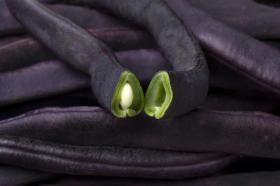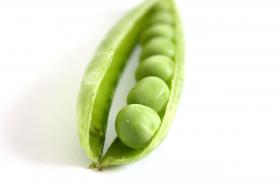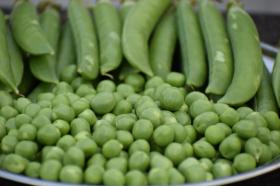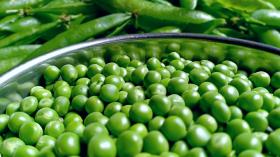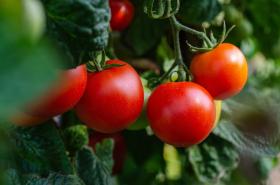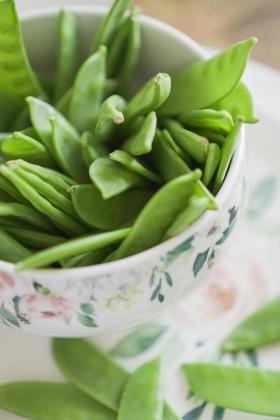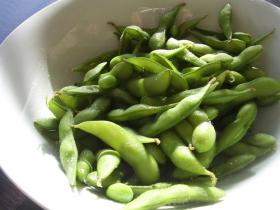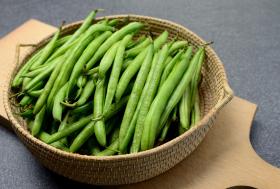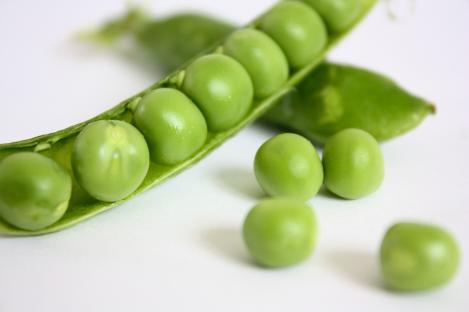
Pea Karina – Early high-yield variety, organic seeds, heirloom
Pisum sativum
Certified organic pea seeds. Early, productive shelling pea variety suitable for cool European climates. Non-GMO, untreated.Early and reliable pea with high yields for short and cool growing seasons.
Well suited for home gardens, raised beds and outdoor growing.
Certified organic (EU)
Heirloom variety, open-pollinated, suitable for seed saving
Non-GMO, untreated seeds
Where to grow: outdoor beds, raised beds, greenhouse
Sowing time: March–May (III–V)
Harvest time: June–July (VI–VII)
Days to maturity: approx. 70–80 days
DESCRIPTION
Organic pea ‘Karina’ is an early, high-yielding shelling pea variety producing dark green pods with 9–10 peas per pod. Plants grow up to 60 cm tall and provide a consistent and abundant harvest. The peas are well suited for fresh eating, cooking and freezing.
This variety grows best in medium to heavier soils that are well aerated and allow excess water to drain. Sow seeds directly outdoors in early spring, as peas do not tolerate transplanting. Keep the soil evenly moist, especially during flowering and pod development. Provide light support if needed. ‘Karina’ performs well in cool climates and shorter growing seasons typical of many European regions.
FREQUENTLY ASKED QUESTIONS
Are the seeds certified organic?
Yes, the seeds are EU-certified organic, non-GMO and untreated.
Is this variety suitable for beginners?
Yes, ‘Karina’ is easy to grow and suitable for beginner gardeners.
Can I save seeds from this variety?
Yes, this is an open-pollinated heirloom variety suitable for seed saving.
Is it suitable for cool climates?
Yes, this variety is well adapted to cool European climates and short growing seasons.
Do you ship seeds across Europe?
Yes, we ship seeds across the European Union.
Packet 30 seeds

